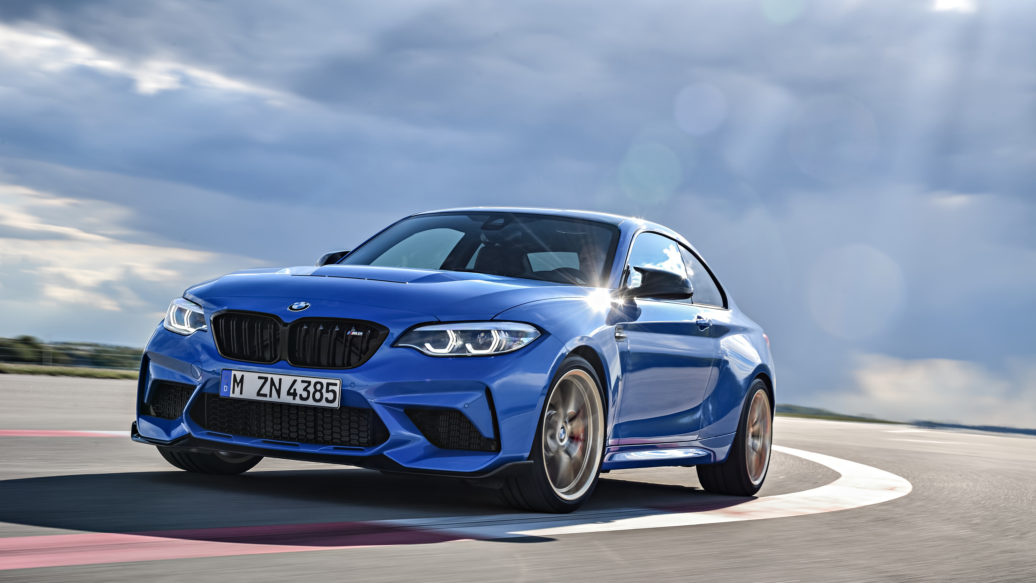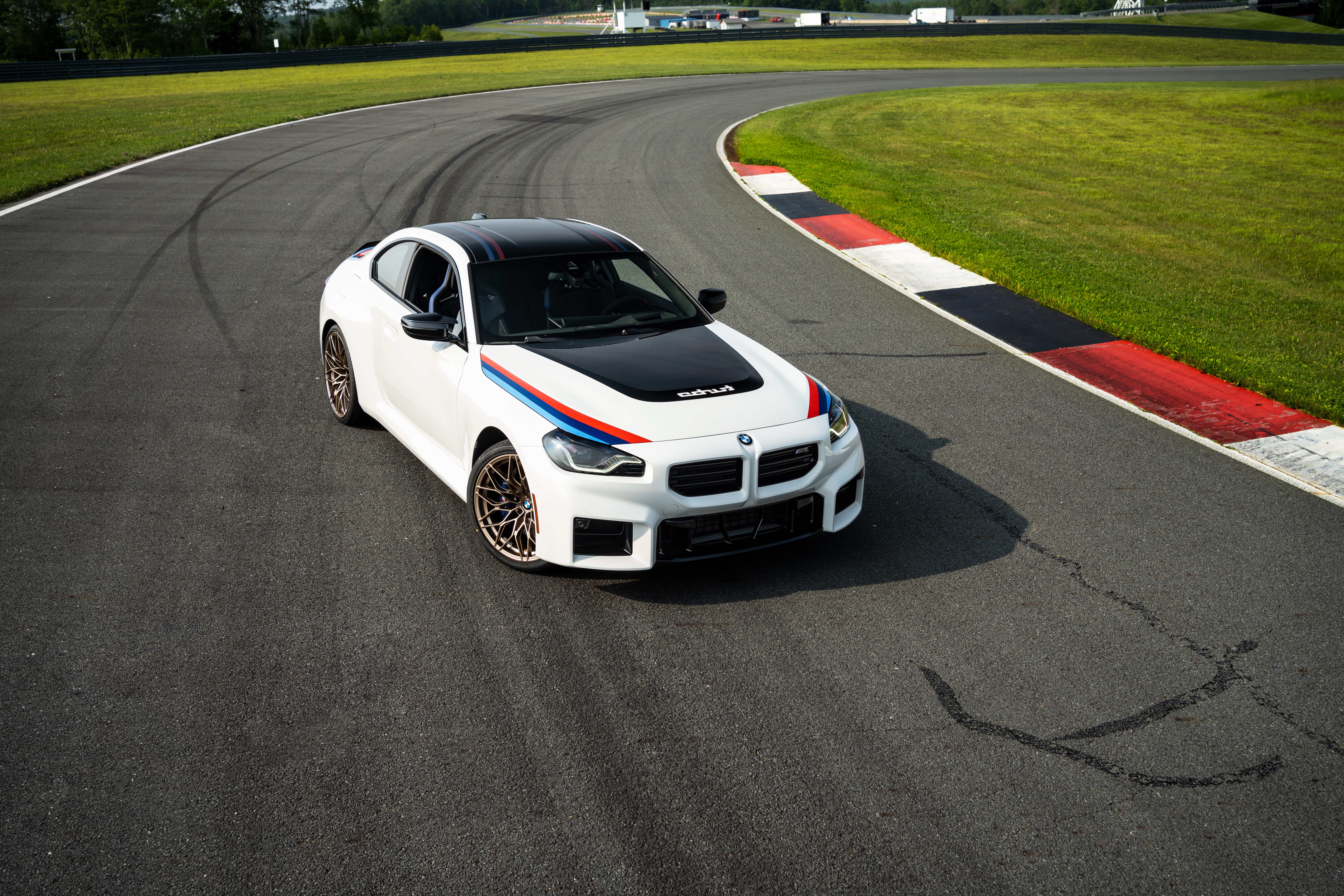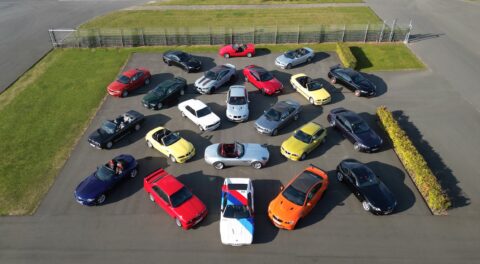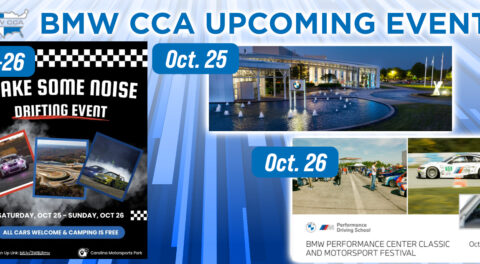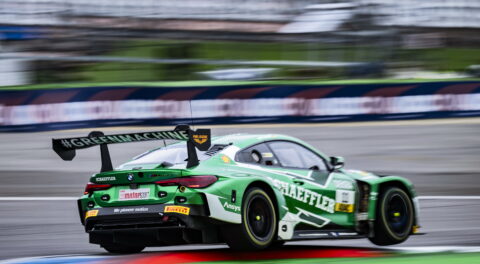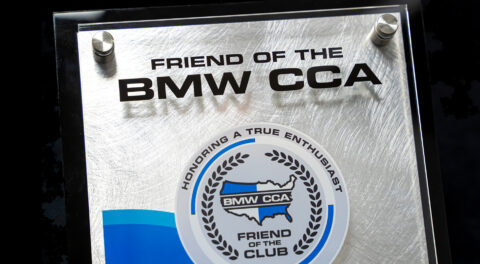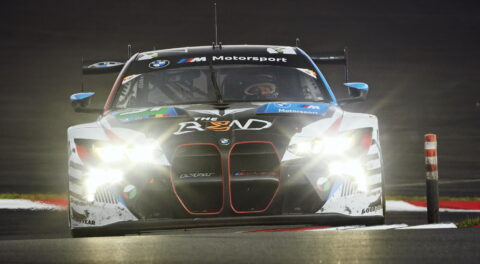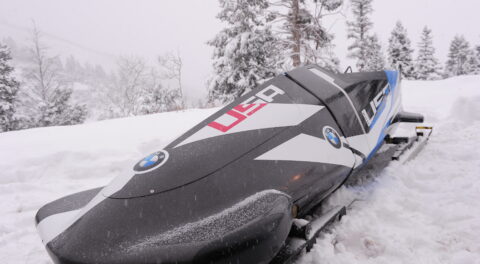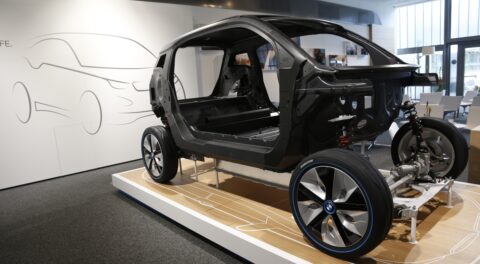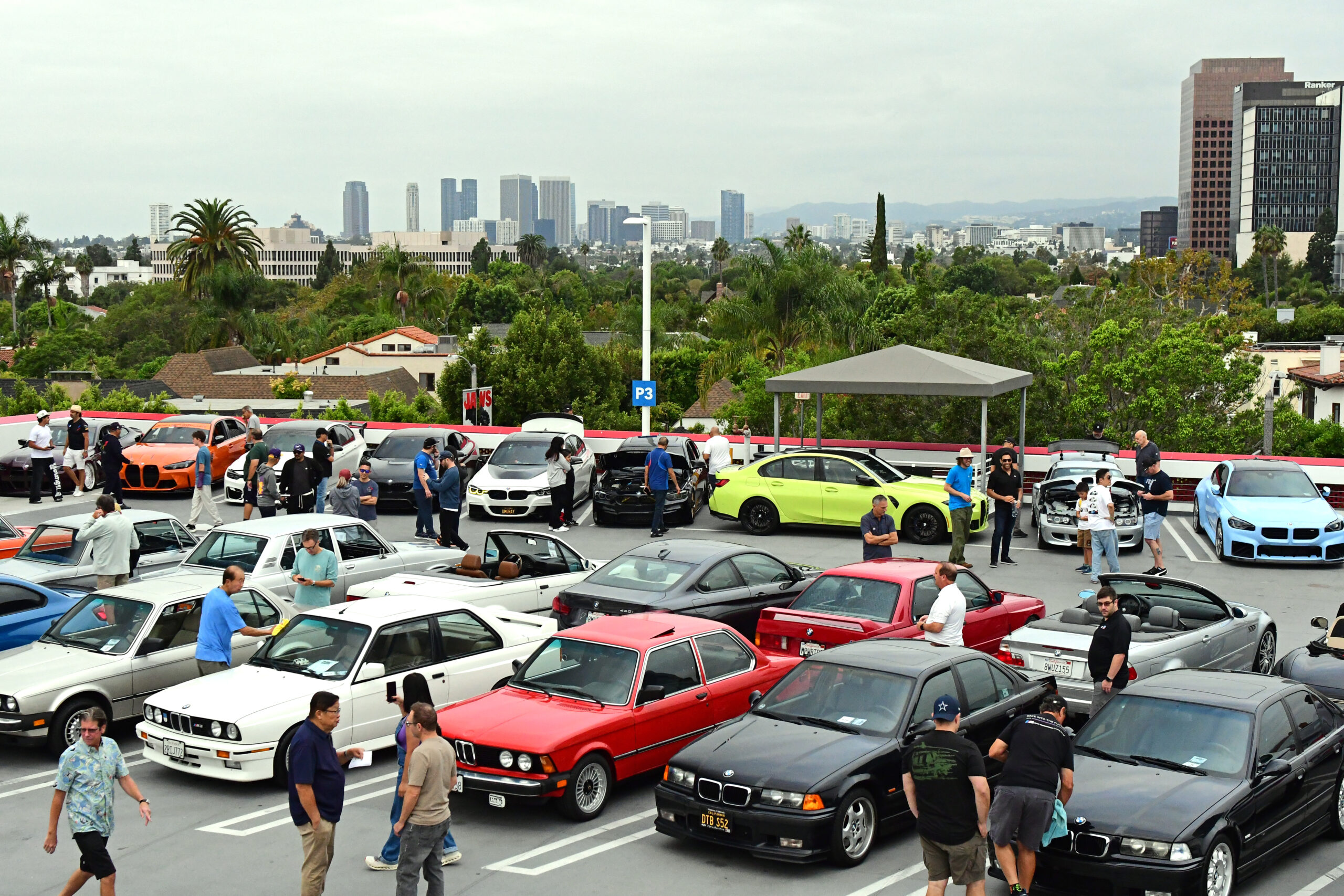When the M2 CS was announced toward the end of 2019, everyone knew it was to be the ultimate derivative of the 2 Series, and that it would likely rank as one of the sharper M cars in the lineup. The ingredients of the M2 CS Spoke for themselves: the 444-horsepower S55 engine from the M3 and M4 Competition, a traditional six-speed manual, and a fair bit of weight reduction. It’s a winning combination on paper, and now, testing at the expert hands of Car and Driver has confirmed that the CS is indeed the ultimate M2—but not by much.
The M2 CS is the proverbial swan song of the F87 M2 lineup and the broader F22 2 Series model portfolio. It features the most powerful engine to be fitted to the chassis, and BMW assigned a zero-to-60 time of 3.8 seconds for M DCT-equipped models, and four seconds flat for six-speed cars. During Car and Driver‘s testing of a three-pedal example, it sprinted from a dead stop to 60 mph in 3.9 seconds, placing it squarely in the middle of BMW’s own numbers.
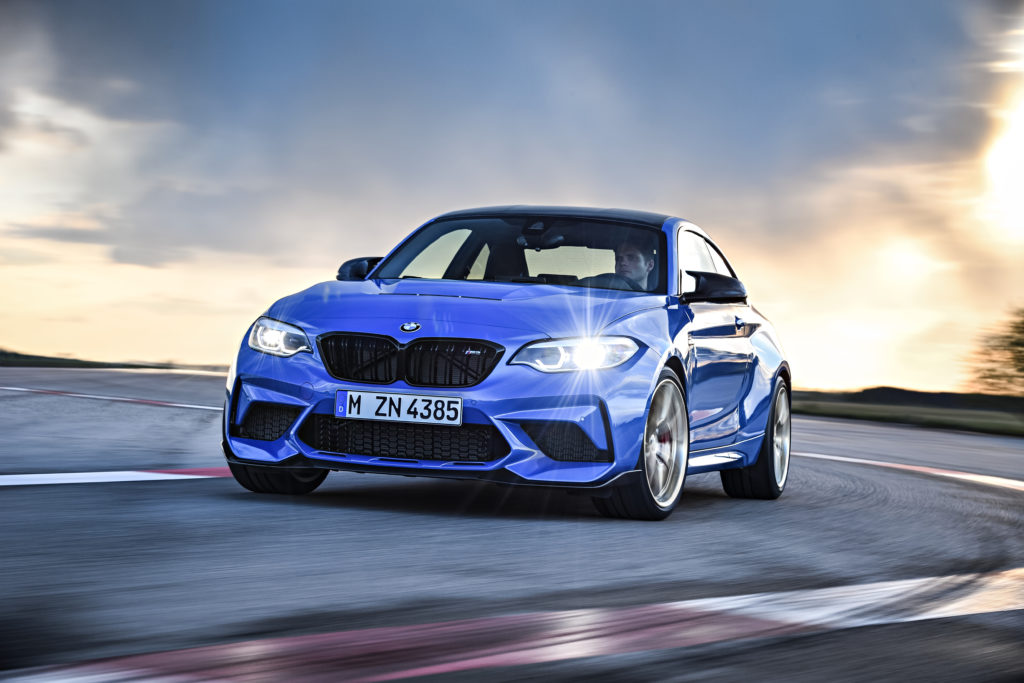
The real-world performance of the M2 CS against its manufacturer-stated specifications doesn’t come as a particular surprise. When the CS was put on a dynamometer last year by a German car magazine, it outperformed its factory output ratings by a healthy margin, laying down 484 horsepower and more than 470 pound-feet of torque. Those are healthy margins over the factory 444 horsepower and 406 pound-feet, but it should also be noted that, when Car and Driver compared a six-speed M2 Competition with an M DCT-equipped car, the one with three pedals was actually faster to 60 mph.
When the manual M2 Competition was tested, its zero-to-60 acceleration time was measured at 3.9 seconds—identical to the lighter and more powerful M2 CS. However, the performance differential between the two highly similar cars becomes more apparent over the quarter mile. The M2 CS covers the quarter mile in 12.1 seconds at a trap speed of 120 mph, while the M2 Competition can do it in 12.4 seconds at 114 with a six-speed, or 116 with M DCT.
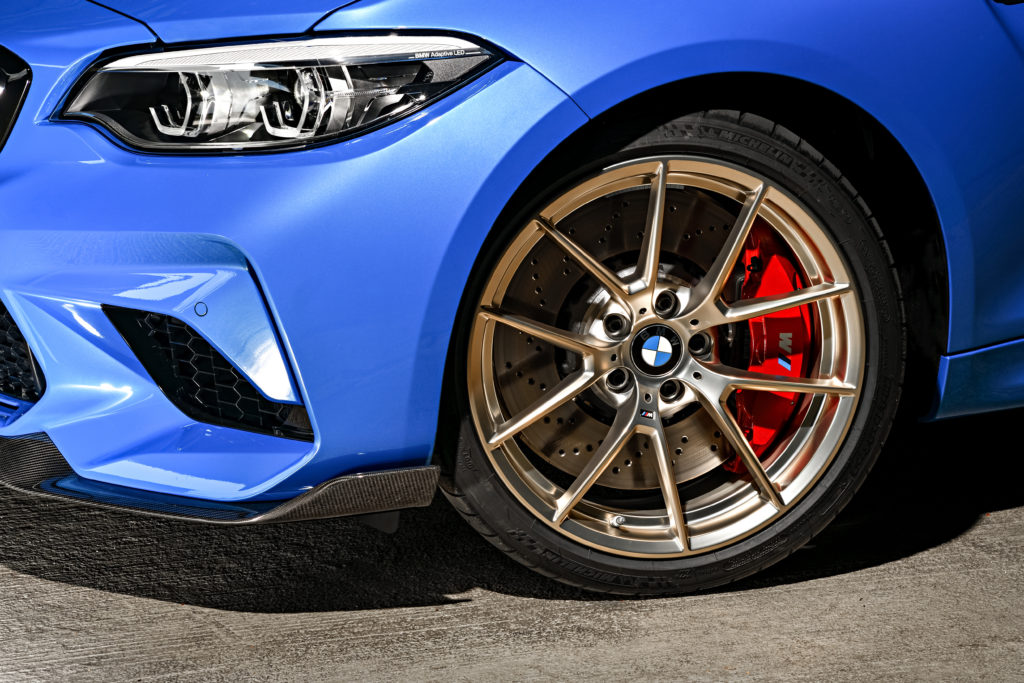
The differences aren’t huge, but when looking at how the M2 CS differentiates itself by way of model-specific elements such as the Gold Bronze Y-spoke BBS wheels, carbon-fiber bits, and the lightweight interior treatment, it’s clear the limited-production model was intended to be the ultimate M2. These changes over an M2 Competition come at a substantial price difference though, with the M2 CS starting at an almost breathtaking $83,600, a premium of over $20,000 above the $58,900 base price of an M2 Competition. Start checking the boxes for various options, and the margin only grows; the M2 CS tested by Car and Driver had an MSRP of $93,095, which is just shy of $30,000 more than the $64,145 six-speed M2 Competition they evaluated the year before.
Whether or not that kind of price premium for an almost negligible performance gain is worth it depends on the individual and no one else, but if you want the most engaging current M car, there’s no substituting the M2 CS. Reviews of the model from across the globe have lauded it for its classic BMW feel, and that’s all notwithstanding the price. In a recent video, automotive journalist Jason Cammisa crowned the M2 CS as a spiritual successor of sorts to the 1990s-era fourth-generation Toyota Supra, which is high praise given the tuner car’s mythic status.
The M2 Competition might be nine tenths of the fun for two thirds the price, but if you need further convincing that the M2 CS is the apex of the last of its kind, look no further than the new M3 and M4, and other models in BMW’s pipeline. It’s not the fastest or the most powerful, but it might just be the best.—Alex Tock
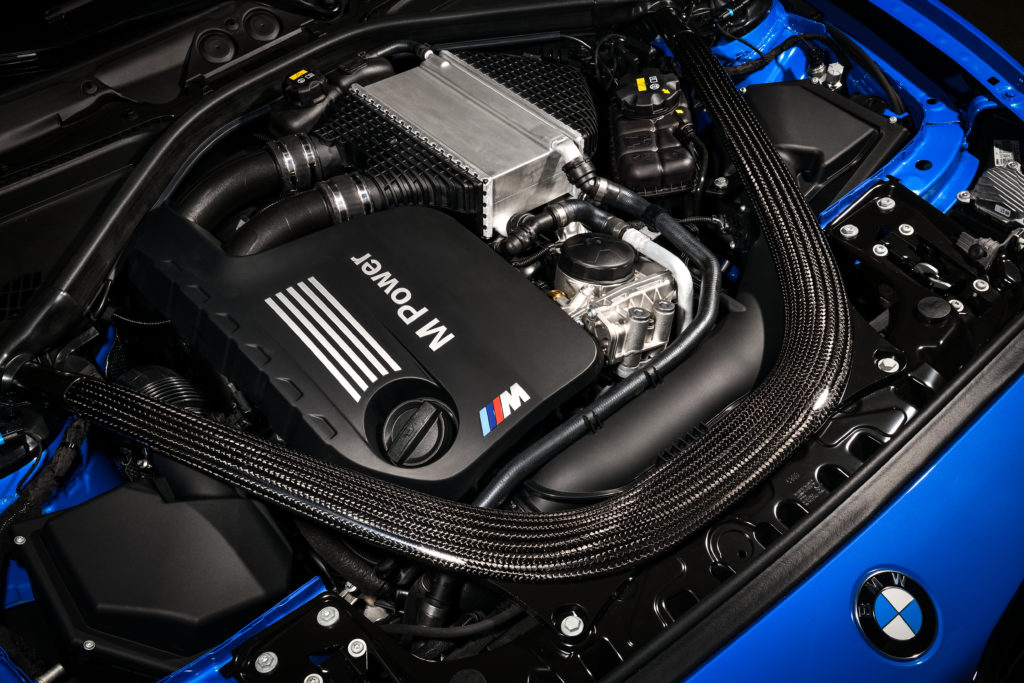
[Photos courtesy BMW AG.]

